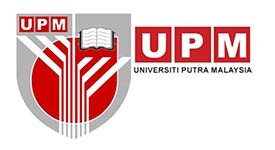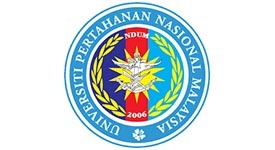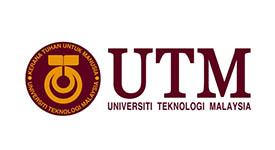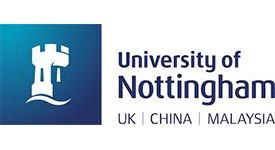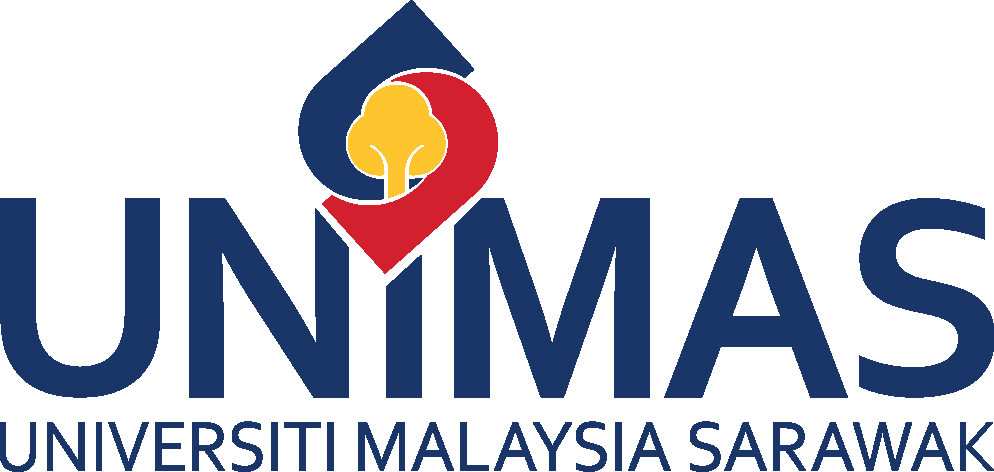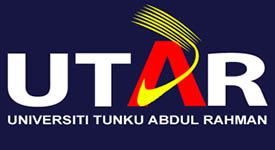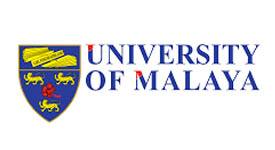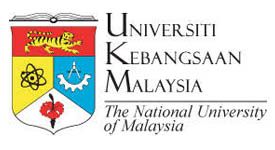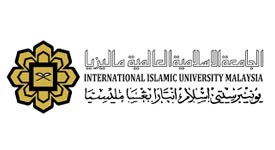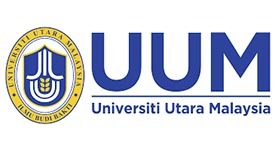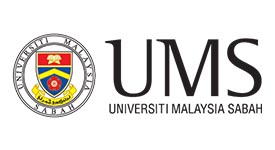Overview of Bachelor Of Electrical And Electronics Engineering Hons in Nilai University
Malaysia
This programme prepares graduates for a professional career in the Electrical and Electronics field, specialising in the designing and operating of sophisticated devices, equipment, technology, services and systems. This programme also offers a broad range of skills to ensure a holistic education, preparing every graduate to be a successful team player with good communication and soft skills.
Students are given a firm foundation via courses such as Fundamentals of Digital Circuitry, Instrumentation & Process Control and Computer Organisation. Students will also be exposed to the telecommunications field through courses such as Analogue Communications, Digital Communications, Introduction to Network and Applied Electromagnetism.
This programme is accredited by the Engineering Accreditation Council (EAC); signatories of the Washington Accord and students can register with Board of Engineering Malaysia (BEM) upon completion of the programme.
PROGRAMME STRUCURE
PROGRAMME EDUCATIONAL OBJECTIVE (PEO)
The programme aims to:
| PEO 1 |
To produce technically competent electrical and electronics engineers. |
| PEO 2 |
To produce electrical and electronics engineers who hold managerial or senior positions in their organisation within five years of employment. |
PROGRAMME LEARNING OUTCOME (PLO)
Programme Outcomes describe what students are expected to know and able to perform or attain by the time of graduation. These relate to the skills, knowledge, and behavior that students acquire through the programme. Twelve (12) Programme Outcomes were identified and they are:
| PLO 1 |
Engineering Knowledge - Apply knowledge of mathematics, science, engineering fundamentals and an engineering specialisation to the solution of complex engineering problems; |
| PLO 2 |
Problem Analysis - Identify, formulate, research literature and analyse complex engineering problems reaching substantiated conclusions using first principles of mathematics, natural sciences and engineering sciences; |
| PLO 3 |
Design/Development of Solutions - Design solutions for complex engineering problems and design systems, components or processes that meet specified needs with appropriate consideration for public health and safety, cultural, societal, and environmental considerations; |
| PLO 4 |
Investigation - Conduct investigation into complex problems using research-based knowledge and research methods including design of experiments, analysis and interpretation of data, and synthesis of information to provide valid conclusions; |
| PLO 5 |
Modern Tool Usage - Create, select and apply appropriate techniques, resources, and modern engineering and IT tools, including prediction and modelling, to complex engineering problem, with an understanding of the limitations; |
| PLO 6 |
The Engineer and Society - Apply reasoning informed by contextual knowledge to assess societal, health, safety, legal and cultural issues and the consequent responsibilities relevant to professional engineering practice and solutions to complex engineering problems ; |
| PLO 7 |
Environment and Sustainability - Understand the impact of professional engineering solutions in the societal and environmental contexts and demonstrate knowledge of and need for sustainable development; |
| PLO 8 |
Ethics - Apply ethical principles and commit to professional ethics and responsibilities and norms of engineering practice; |
| PLO 9 |
Individual and Team Work - Function effectively as an individual, and as a member or leader in diverse teams and in multi-disciplinary settings; |
| PLO 10 |
Communication - Communicate effectively on complex engineering activities with the engineering community and with society at large, such as being able to comprehend and write effective reports and design documentation, make effective presentations, and give and receive clear instructions; |
| PLO 11 |
Project Management and Finance - Demonstrate knowledge and understanding of engineering management principles and economic decision making and apply these to one’s own work, as a member and leader in a team, to manage projects in multidisciplinary environments; |
| PLO 12 |
Life Long Learning - Recognise the need for, and have the preparation and ability to engage in independent and life-long learning in the broadest context of technological change. |
PROGRAMME STRUCURE
Foundational
- Understanding Engineering
Core
Common
- Mathematics I
- Mathematics II
- Mathematics III
- C Programming For Engineers
Engineering
- Introduction To Electronics Manufacturing
- Fundamentals Of Communication Theory
- Computer Organization & Architecture
- Fundamentals Of Digital Circuit
- Engineering Workshop
- Instrumentation & Process Control
- Control System
Electronics
- Electronics I
- Electronics II
- Microprocessor
- Digital Electronics
- Power Electronics
- Multimedia Technology & Applications
Electrical
- Electrical Technology
- Circuits & Signals
- Electrical Machines & Drives
- Electrical Power
Telecommunications
- Introduction to Networks
- Analogue Communications
- Digital Communications
- Applied Electromagnetism
Management
- Industrial Engineering Management
- Energy Management
Mata Pelajaran Umum
MPU1A
- Tamadun Islam & Tamadun Asia OR
- Bahasa Melayu Komunikasi 2
MPU1B
- Hubungan Etnik OR
- Pengajian Malaysia 3
(Malaysian Studies 3)
MPU2A
- Graduate Preparatory Course OR
- Personal Branding
MPU 2B-F
(Choose 3 University Courses from Cat. B-F)
B
C
- Public Speaking
- Introduction to Theatre and Acting
D
- Critical Thinking
- Professional Development
E
- General Anthropology
- General Philosophy
- General Psychology
- General Sociology
F
- Introduction to Golf
- Outward Bound
MPU3
- Ethics and Social Responsibility
MPU4
Industrial Training
Malay Language
(only for Malaysian students without a credit in SPM BM)
ENTRY REQUIREMENTS
| STPM or equivalent |
2Cs (Mathematics & Physical Science) and
SPM with a pass in English |
| UEC |
5Bs (Mathematics & Physical Science) and pass English |
| Foundation/ Matriculation/ Asasi |
CGPA 2.00 |
| Diploma (in a related field) |
CGPA 2.00 |
English Language Requirements
(for international students)*
| IELTS |
5.0 |
| TOEFL |
500 (PBT) / 61 (iBT) |
| Pearson |
36 |
| MUET |
3 |
*International students with qualifications from educational systems where English language is the main medium of instruction are exempted from this requirement.
International students who do not fulfill the English Language Requirements may join the Intensive English Programme at Nilai University which builds their skills in the language and prepares them for the TOEFL examination.



